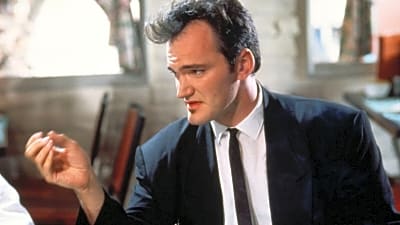Microsoft’s massive acquisition of Activision Blizzard has led to widespread layoffs and implemented price increases. These actions have drawn sharp criticism from Lina Khan, the former chair of the US Federal Trade Commission. She recently took to social media to declare that Microsoft’s conduct perfectly validates her agency’s earlier warnings. Did the FTC accurately predict this very outcome when it opposed the merger?
The Dark Side of a Mega-Deal
According to Khan, the Microsoft and Activision acquisition has directly led to significant price hikes and job cuts, ultimately harming both gamers and developers. She elaborated that these negative consequences are often caused by increasing market consolidation. As dominant firms become too large to care about customer impact, these decisions are more likely to be expected. In 2020, the FTC filed a lawsuit to block the deal, arguing it would substantially lessen competition across multiple gaming markets.
Despite these criticisms, Microsoft and Activision leadership had consistently promised the opposite. According to both companies, the merger would ultimately benefit consumers and workers while enabling greater industry competition. Still, the ongoing legal challenge couldn’t stop Microsoft from finalizing the acquisition, which it accomplished in October 2023.
Since then, employees and players have been impacted by a series of difficult developments. Merely months after the deal closed, Microsoft laid off nineteen hundred workers from its gaming divisions and canceled a highly anticipated survival game. Sadly, these layoffs didn’t end there, as another 650 employees were released from the company in late 2024. Does this pattern of cuts align with promises of benefiting workers?
Microsoft’s Gaming Growth Involves Shrinkage
Then again, in July 2025, Microsoft was hit with a much larger wave of around nine thousand job cuts. Consequently, his action was accompanied by multiple game cancellations and the closure of at least one studio. Given this ongoing consolidation and its human cost, the studio’s promise appears to be a complete fabrication. Throughout this turmoil, Xbox lead Phil Spencer maintained that the gaming business had never looked stronger.
It seems that the concerns regulators like Khan initially raised have exposed the disconnect between corporate statements and the lived reality for developers and consumers. How can Microsoft truly be stronger while simultaneously eliminating thousands of creative jobs and raising prices for its customers? As the situation continues to unfold, the potential repercussions of major industry consolidation are likely to grow.
More must-reads:
- NFL Draft intel: Risers include Navy WR Eli Heidenreich, Michigan RB Justice Haynes
- Farewell to Darlington Nagbe, one of MLS's undisputed greats
- The 'Active 10-reception NFL games' quiz
Breaking News
Trending News
Customize Your Newsletter
 +
+
Get the latest news and rumors, customized to your favorite sports and teams. Emailed daily. Always free!








